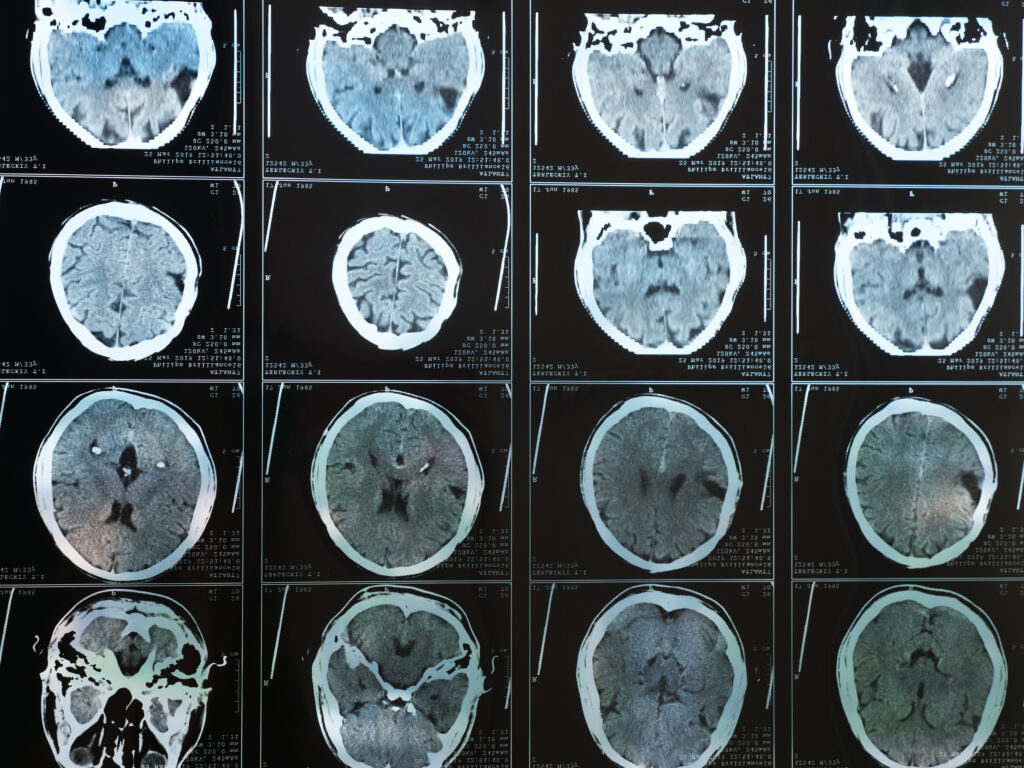
Post-concussion syndrome (PCS) is a condition associated with head injuries that occurs when the symptoms of a traumatic brain injury (TBI) don’t resolve themselves as expected, but linger and negatively impact a person’s daily cognitive function for many months. These symptoms can be wide-ranging, but often include headaches, difficulty concentrating, memory problems, and dizziness, all of which can make it difficult, if not impossible, for injured parties to work and fulfill their day-to-day responsibilities. Furthermore, the risk of developing post-concussion syndrome isn’t necessarily linked to the severity of the initial injury, as many of those whose TBIs qualify as relatively mild, end up suffering from post-concussion syndrome. This is why accident victims should remain vigilant for signs that their TBI symptoms aren’t abating as expected.
What are the Symptoms of Post-Concussion Syndrome?
Most accident victims who suffer from TBIs will slowly notice that their symptoms resolve themselves over time, usually within a few weeks or a month. Some patients, however, aren’t so lucky, but experience lingering symptoms that affect their ability to function on a day-to-day basis, often for many months. Those suffering from PCS typically experience physical, behavioral, cognitive, and emotional symptoms, such as:
- Headache;
- Fatigue;
- Dizziness;
- Problems with balance;
- Insomnia;
- Sensitivity to light and noise;
- Ringing in the ears;
- Difficulty concentrating; and
- Confusion.
As many as 15 percent of accident victims who sustain mild TBIs are thought to suffer from PCS, meaning that their symptoms persist for longer than three months. If you think that you may be suffering from PCS, or were already diagnosed by your doctor following an accident, consider reaching out to an attorney to learn more about your legal options.
How is PCS Diagnosed and Treated?
Diagnosing PCS can be difficult, as there is no definitive test for the condition. Instead, to diagnose this injury (and differentiate it from the initial TBI), health professionals will need to check a patient for a history of head trauma and assess reported symptoms by conducting a physical examination, in addition to a CT and MRI scan. Other lab tests may also need to be conducted to rule out other causes of the symptoms, like bleeding in the brain or infection. Once diagnosed, a person with PCS will likely be placed on a regimen of rest and time off from work. Many require pain medications for headaches and migraines, while specialists may be called in to help treat mental health symptoms, like depression and anxiety. Unfortunately, the cost of diagnosing and treating PCS can quickly become overwhelming for accident victims, who are often unable to work while they recover. It is, however, possible for those who can prove that someone else caused their injury, to collect compensation for these costs from the at-fault party. Doing so, however, can be complicated, making it especially important for accident victims to reach out to an experienced attorney for help filing their claim.
What is the Prognosis for PCS Patients?
Fortunately, the prognosis for PCS is relatively good, with symptoms and disability for patients typically most severe within the first seven days. After a month, most symptoms will have improved and may even have resolved. Certain individuals, however, may experience symptoms that last for anywhere from a few months to a year. This includes those who:
- Have suffered from repetitive head trauma;
- Experienced more severe symptoms after the initial injury;
- Suffered a complicated TBI, such as a depressed skull fracture or intracranial hematoma; and
- Children, especially those with pre-existing neurological conditions.
Unfortunately, some of those who suffer from PCS struggle with chronic pain and other disabilities on a long-term basis. In these cases, victims should consider seeking compensation from the person responsible for their initial injury via a personal injury claim.
Available 24 Hours a Day
While some TBI patients recover after a few days of rest, many are not so fortunate, but struggle with their symptoms for months or years to come. This can be particularly frustrating for those whose injuries were caused by someone else’s reckless or negligent conduct. If you or a loved one were diagnosed with PCS after an accident, you could be entitled to compensation for your medical treatment and lost wages. For an evaluation of your own case, feel free to call the experienced Miami brain injury lawyers at Dolan Dobrinsky Rosenblum Bluestein. You can set up a free consultation by calling our office at 786-756-7537 or by sending us an online message.